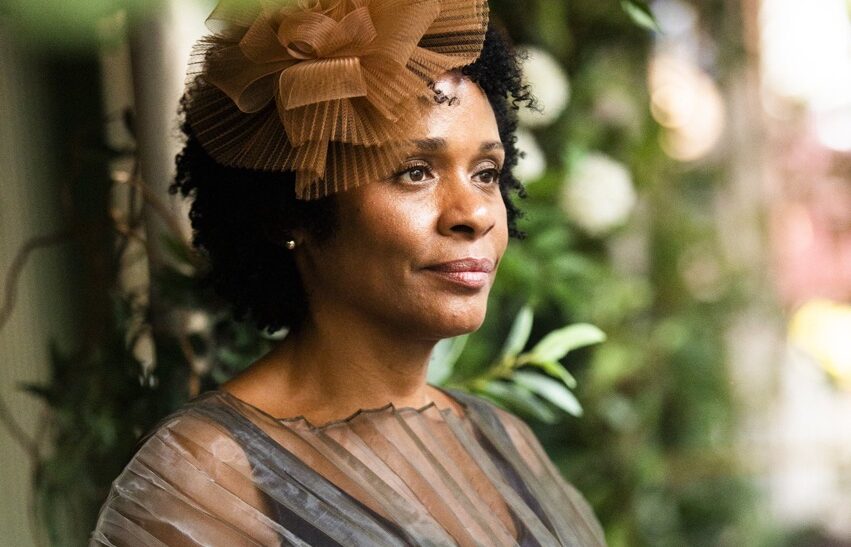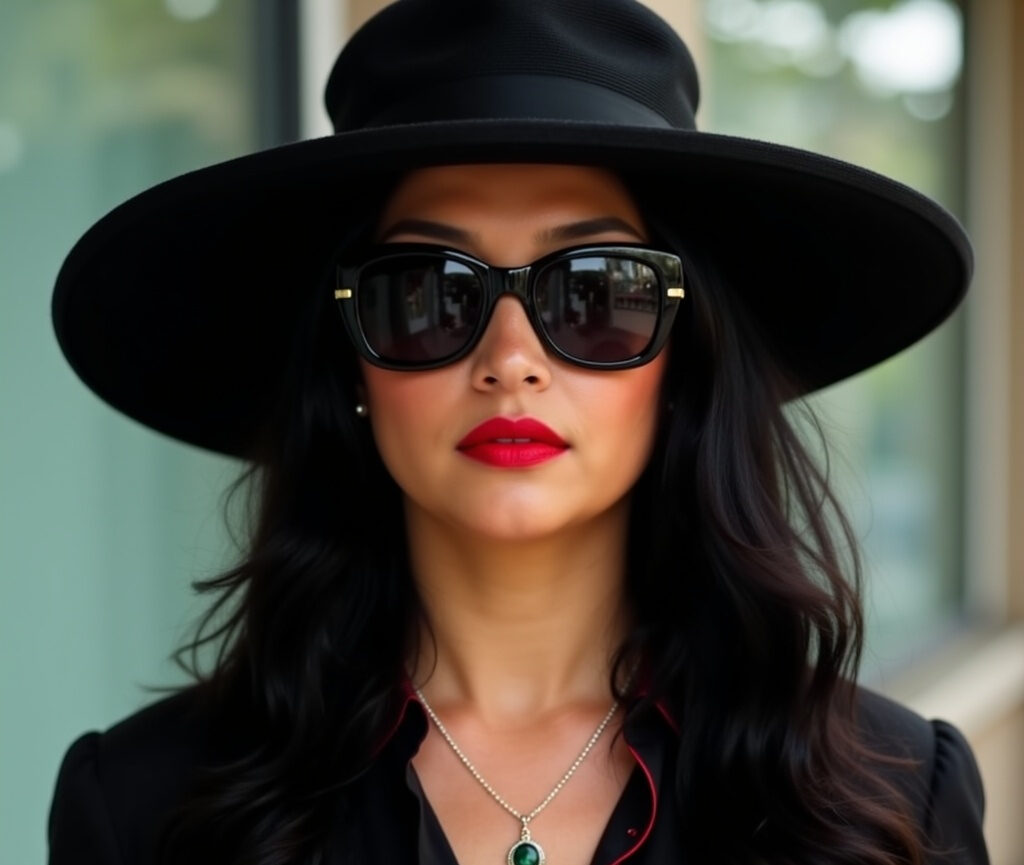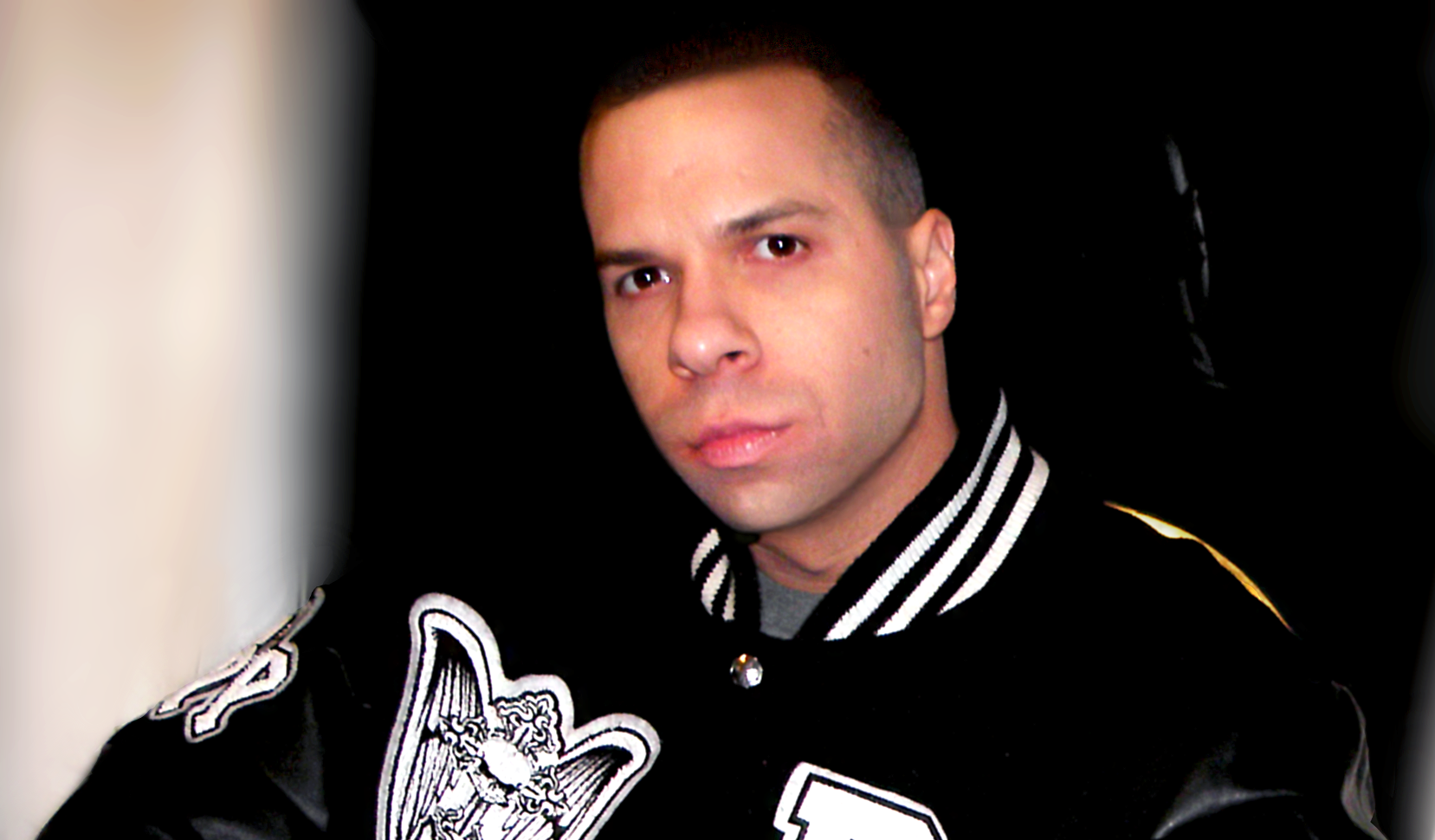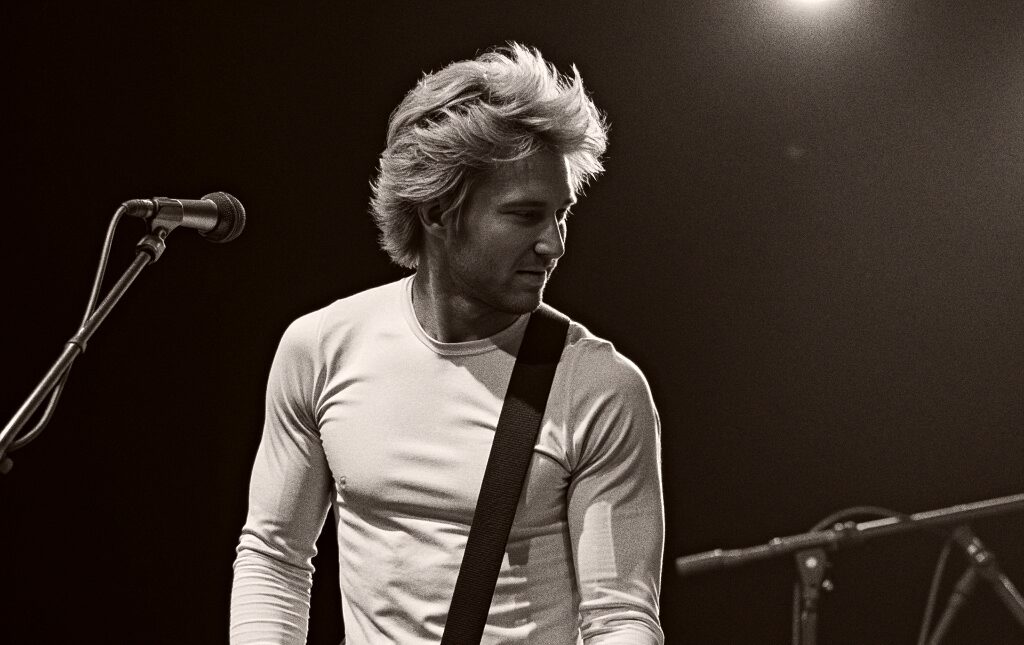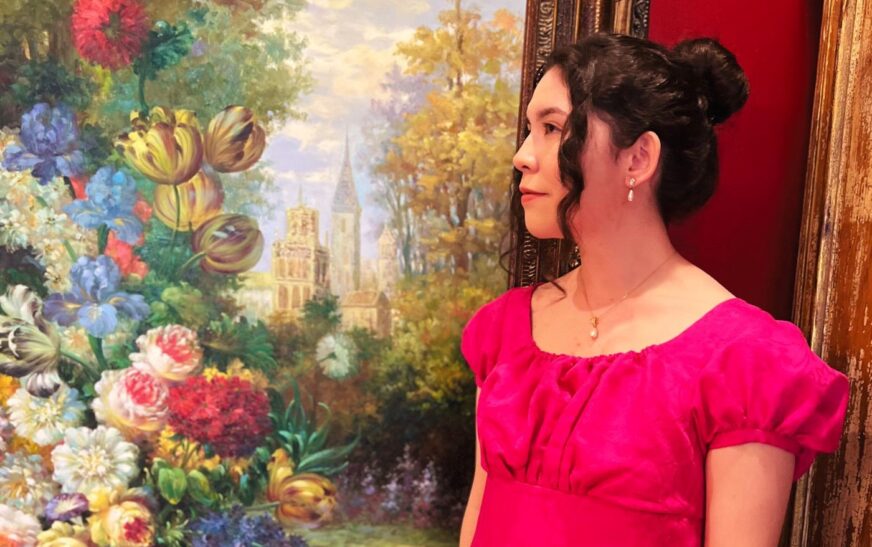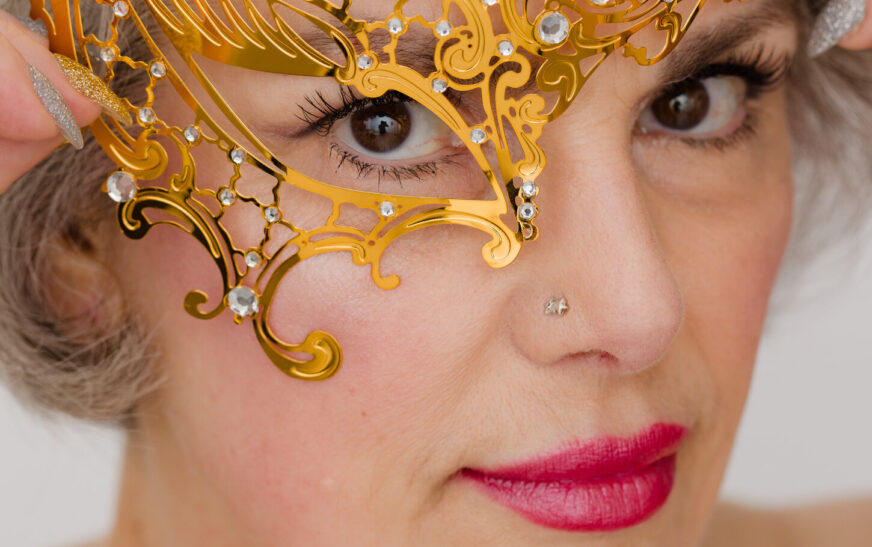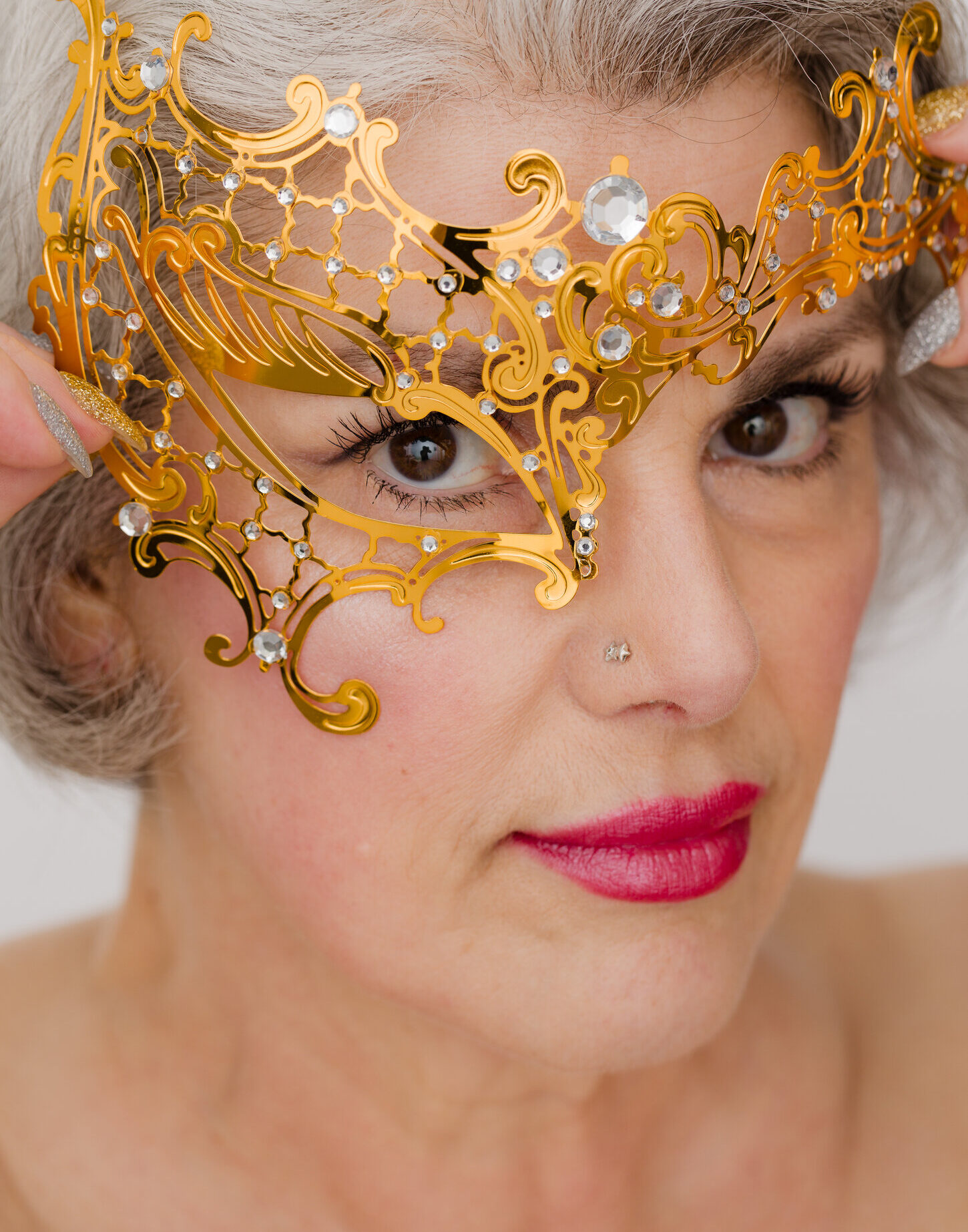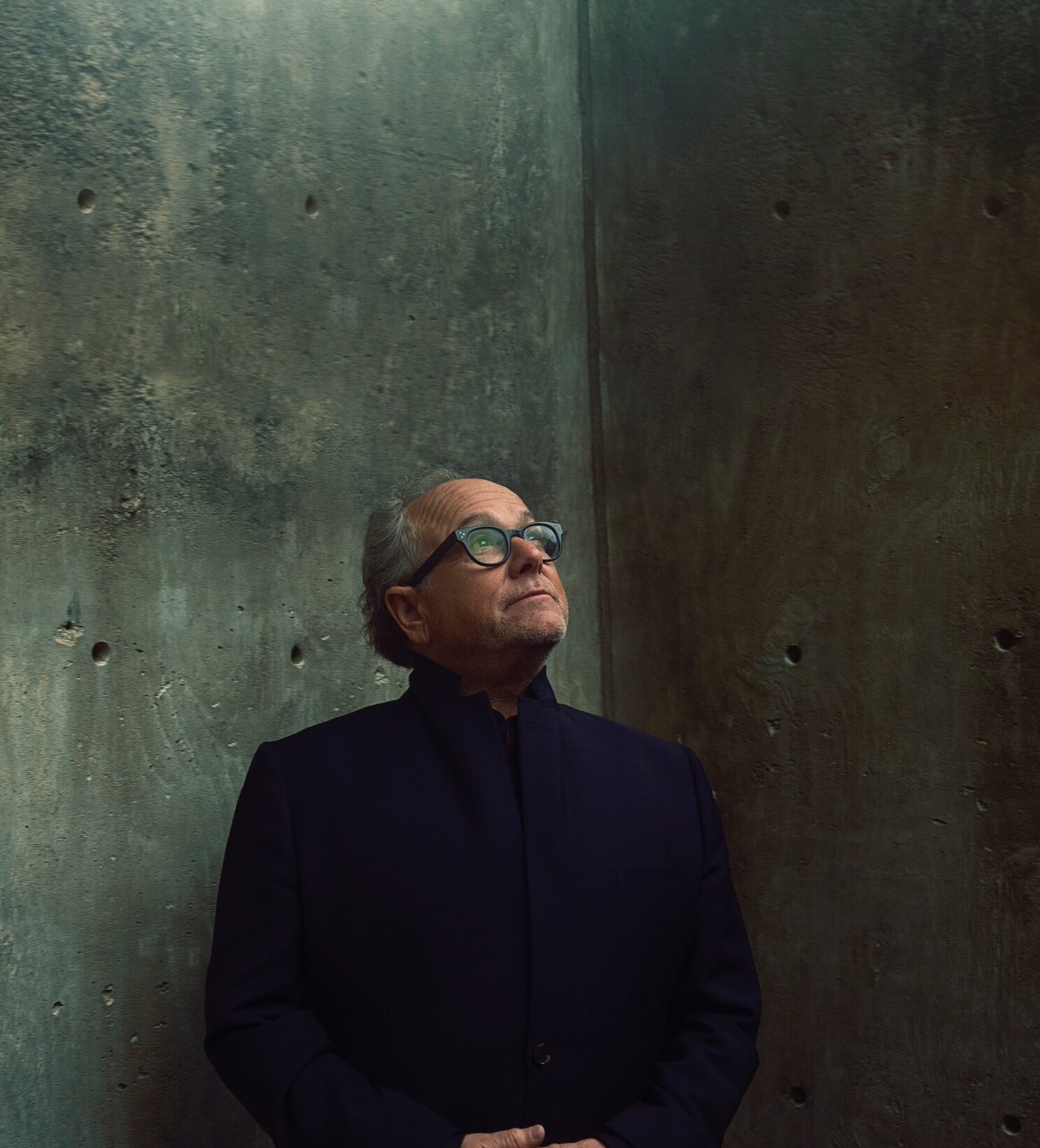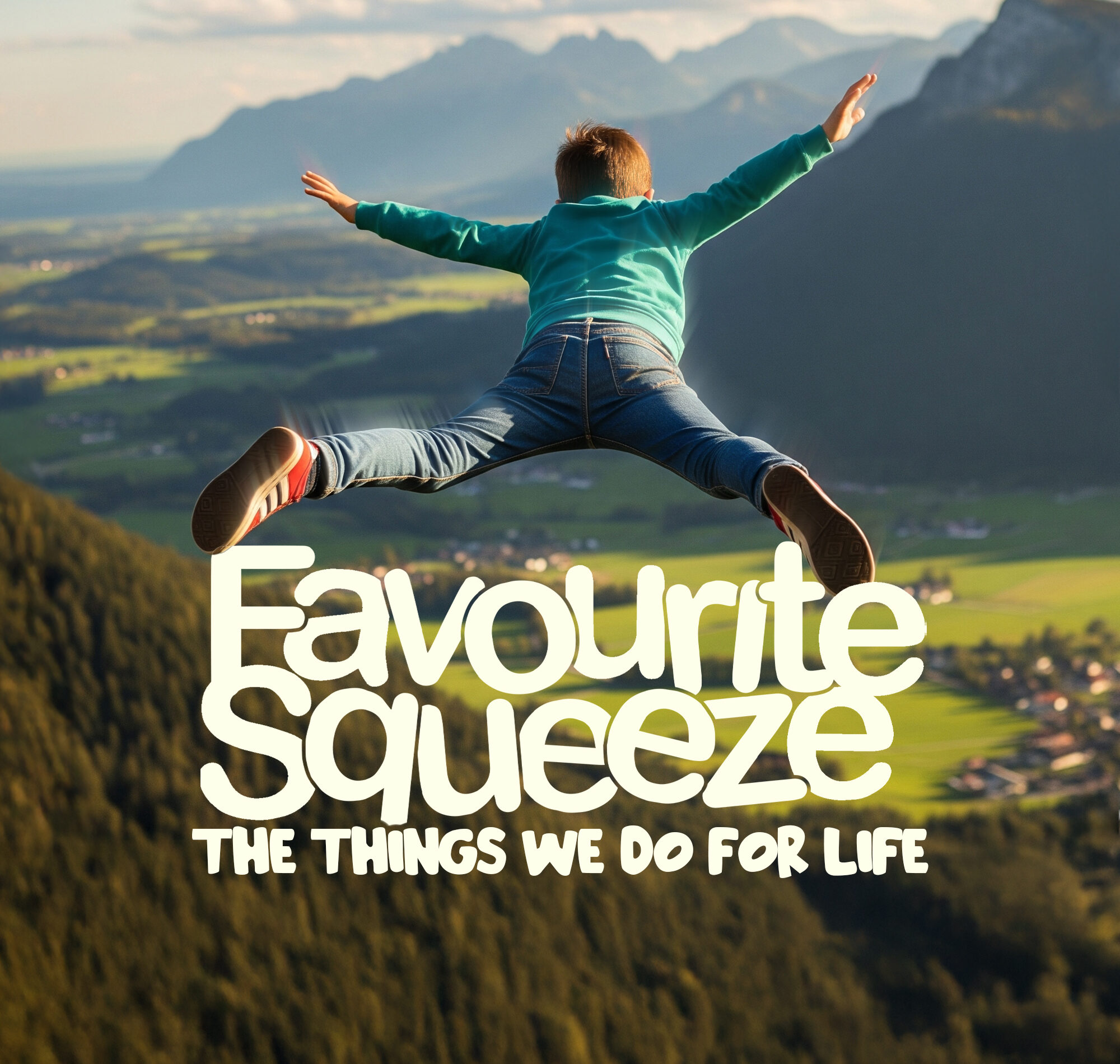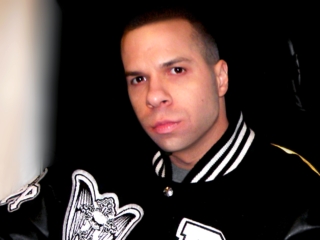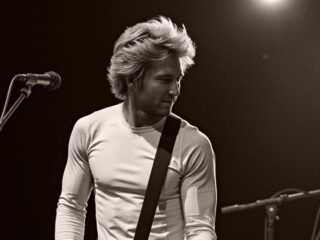Marie-Claire Giraud’s latest single “Caravan” is an experience. With a history as a swinging soprano jazz singer/songwriter, Giraud puts her original spin on Duke Ellington’s classic jazz standard, “Caravan.” She raises the song to a global heartbeat and an operatic soul.
Recorded at the renowned Plaid Dog Recordings, “Caravan” is a blend of artistry and production prowess. Owned by Mike Davidson and based in Boston, the studio has established a reputation for providing indie creators with tools, and Giraud has taken full advantage of them. This version is an innovative twist that’s at once ancient and avant-garde.
Kicking off with the first few notes, the audience is instantly plunged into a hypnotic beat, filled with the resounding thud of upright bass and textured percussion. The inclusion of African drums, as well as the Ude, a traditional Middle Eastern string instrument from Giraud, really elevates Ellington’s melody into another world and lends it cultural significance. The trumpet ducks and dodges like a dancing storyteller on the run, with the drums’ firm, earthborn beat glued to the ground. At the heart of it all is Giraud’s voice, soaring, emotive, and magnetic.
Her singing here has the haunting elegance that first drew many of us to her voice, and in the arrangement, it blurs genre lines in a way that seems absolutely natural, governed only by the song’s feeling and logic. It’s a celebration of world music, of shared rhythms and stories that have been told over centuries. “Caravan” is a production as much about movement and mystery as it is about reinvention, and Giraud holds her own with ease and conviction.
There’s something courageous and lovely about taking a jazz classic and having the temerity to recast it on the lines of one’s own creative DNA. Marie-Claire Giraud is one of those who do, and the results are excellent. This is a reawakening. For jazz enthusiasts and new listeners alike, “Caravan” is a welcome ride, one that bridges continents and sensibilities, while tapping into the can-do spirit of improvisation and discovery that jazz was founded upon. Marie-Claire Giraud shows us that she is not just interpreting history; she’s adding a chapter or more of her own.
Follow Marie-Claire Giraud on | Spotify |


